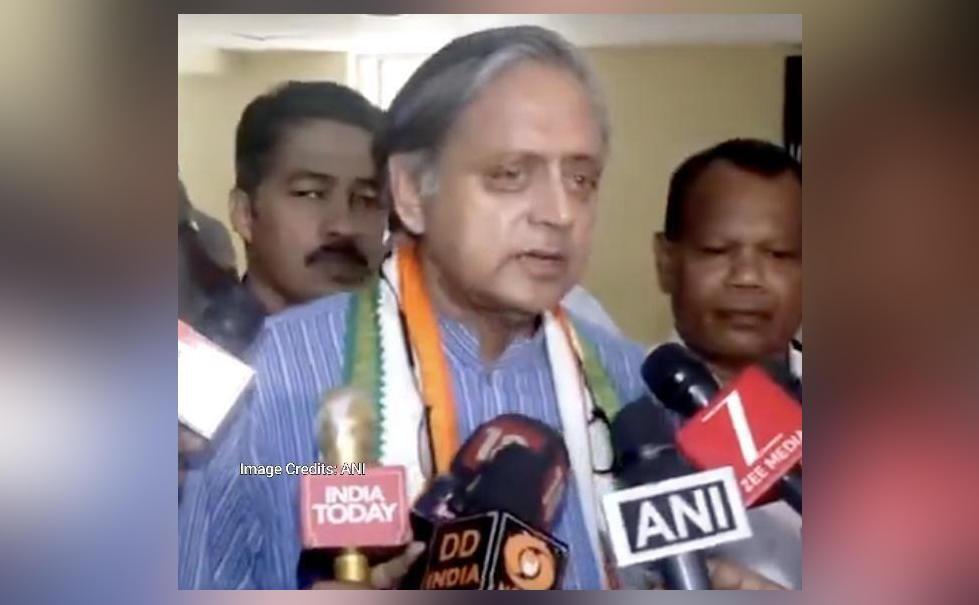
Iran & Israel have been our friends, all we can do is observe: Tharoor
The ongoing conflict between Iran and Israel has been making headlines globally, with both countries exchanging blows and causing significant loss of life. As the situation continues to unfold, Indian Congress leader Shashi Tharoor has weighed in on the issue, stating that both Iran and Israel have been friends of India. While expressing concerns about the conflict, Tharoor has also emphasized the need for India to remain neutral in the matter.
Speaking to the media, Tharoor said, “Ideally, we would like peace between the two countries. For now, all we can do is observe with attention and concern.” His statement comes as a reminder of India’s long-standing diplomatic relations with both Iran and Israel, despite the significant ideological and strategic differences between the two nations.
The conflict between Iran and Israel has been escalating rapidly in recent weeks, with both sides engaging in a series of airstrikes and missile attacks. According to reports, over 650 people have been killed in the conflict so far, with many more injured and displaced. The humanitarian crisis is growing by the day, with the United Nations and other international organizations calling for an immediate ceasefire.
India’s relationship with Iran dates back to the 1950s, when the two countries established diplomatic ties. Since then, India has been a key player in Iran’s energy sector, with the country importing significant amounts of oil and natural gas from Iran. India’s relationship with Israel, on the other hand, is more recent, with the two countries establishing diplomatic ties in 1992. Today, Israel is one of India’s largest trading partners in the Middle East.
Despite its diplomatic relations with both countries, India has maintained a policy of neutrality in the conflict. New Delhi has called for a peaceful resolution to the conflict and has urged both sides to exercise restraint. In a statement, the Indian Ministry of External Affairs said, “India is concerned about the escalating tensions between Iran and Israel, and we urge both sides to exercise restraint and avoid any action that could lead to further escalation.”
Tharoor’s statement echoes the sentiments of the Indian government, emphasizing the need for India to remain neutral in the conflict. As a major player in the global economy and a key player in the Middle East, India has a significant stake in maintaining good relations with both Iran and Israel. By staying neutral, India can potentially play a role in mediating a peaceful resolution to the conflict.
However, Tharoor’s statement also raises questions about India’s ability to influence the situation on the ground. Despite its diplomatic efforts, India has limited leverage over the conflict, and its ability to mediate a peaceful resolution is limited. In the absence of a clear and credible diplomatic initiative, it is unclear what role India can play in bringing the conflict to an end.
Moreover, Tharoor’s statement also highlights the complexities of India’s relationships with both Iran and Israel. While India has historically been a key player in Iran’s energy sector, its relationship with Israel is more recent and has been marked by significant tensions. India’s decision to establish diplomatic ties with Israel in 1992 was seen as a significant shift in its foreign policy, and has been the subject of controversy and debate ever since.
In conclusion, Shashi Tharoor’s statement highlights the complexities of India’s relationships with both Iran and Israel. While India has been a key player in both countries’ diplomatic and economic agendas, its ability to influence the conflict is limited. As the situation continues to unfold, it remains to be seen what role India will play in bringing the conflict to an end, and what implications the conflict will have for India’s relationships with both countries.



